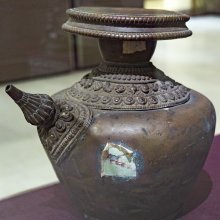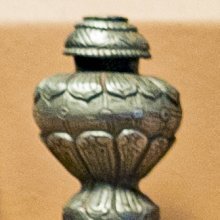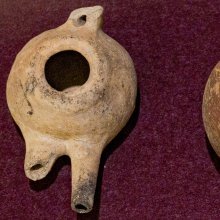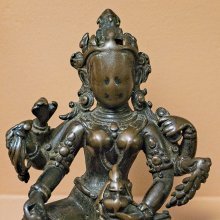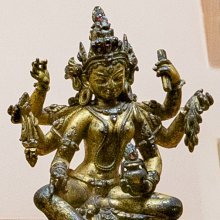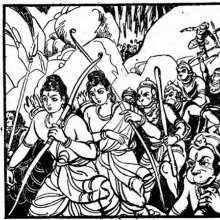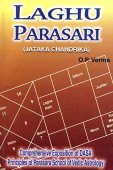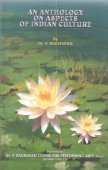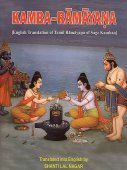Auspicious: 1 definition
Introduction:
Auspicious means something in Hinduism, Sanskrit. If you want to know the exact meaning, history, etymology or English translation of this term then check out the descriptions on this page. Add your comment or reference to a book if you want to contribute to this summary article.
Images (photo gallery)
(+21 more images available)
In Hinduism
Vastushastra (architecture)
Source: Shodhganga: Elements of Art and Architecture in the Trtiyakhanda of the Visnudharmottarapurana (vastu)Auspicious Figures commonly decorated the top of Temples (in ancient Indian architecture), according to literature such as the Bṛhatsaṃhitā and the Viṣṇudharmottarapurāṇa, an ancient Sanskrit text which (being encyclopedic in nature) deals with a variety of cultural topics such as arts, architecture, music, grammar and astronomy.—According to the Viṣṇudharmottarapurāṇa, the doors should be decorated with some auspicious figures. [...] The Viṣṇudharmottarapurāṇa also states that the top of a temple should not be skull shaped or pointed. Instead, the top of a temple should be made evenly and is to be decorated with some auspicious figures.

Vastushastra (वास्तुशास्त्र, vāstuśāstra) refers to the ancient Indian science (shastra) of architecture (vastu), dealing with topics such architecture, sculpture, town-building, fort building and various other constructions. Vastu also deals with the philosophy of the architectural relation with the cosmic universe.
See also (Relevant definitions)
Starts with: Auspicious ground, Auspicious performance, Auspicious sign, Auspicious song, Auspicious touch.
Full-text (+3386): Mangala, Shubha, Sulakshana, Sumangala, Kalyana, Sarvamangala, Mangalya, Sudina, Ashtamangala, Kushalin, Lagnakala, Bhadra, Shiva, Subhadra, Shubhakara, Prashasta, Shobhana, Bhadaka, Pancabhadra, Saumya.
Relevant text
Search found 309 books and stories containing Auspicious; (plurals include: Auspiciouses). You can also click to the full overview containing English textual excerpts. Below are direct links for the most relevant articles:
Tattvartha Sutra (with commentary) (by Vijay K. Jain)
Verse 8.25 - The types of karmas that constitute merit (puṇya) < [Chapter 8 - Bondage of Karmas]
Verse 6.3 - The two kinds of Karmas (merit and demerit) < [Chapter 6 - Influx of Karmas]
Verse 6.23 - The nature of Auspicious Physique-making Karmas < [Chapter 6 - Influx of Karmas]
The Garuda Purana (by Manmatha Nath Dutt)
Chapter LXI - Influences of the moon in her different mansions < [Agastya Samhita]
Chapter LXV - Auspicious marks on men and women as disclosed by the science of Samudrikam < [Agastya Samhita]
Chapter LXIV - A brief discourse on the auspicious or in auspicious marks on the person of females < [Agastya Samhita]
The Padma Purana (by N.A. Deshpande)
Chapter 20 - The Birth of Suvrata < [Section 2 - Bhūmi-khaṇḍa (section on the earth)]
Chapter 236 - Characterization of Various Texts and Doctrines < [Section 6 - Uttara-Khaṇḍa (Concluding Section)]
Chapter 145 - Saṅgameśvara < [Section 6 - Uttara-Khaṇḍa (Concluding Section)]
Bhagavati-sutra (Viyaha-pannatti) (by K. C. Lalwani)
Part 2 - On light and darkness < [Chapter 9]
Part 2 - Soul and instruments < [Chapter 1]
Part 4 - Isles and seas < [Chapter 8]
The Skanda Purana (by G. V. Tagare)
Chapter 134 - Greatness of Puṣkarāvartakā (Puṣkara-āvartakā) < [Section 1 - Prabhāsa-kṣetra-māhātmya]
Chapter 14 - The Marriage Festival of Lakṣmī and Nārāyaṇa < [Section 9 - Vāsudeva-māhātmya]
Chapter 60 - The Greatness of Ādityeśvara (āditya-īśvara-tīrtha) < [Section 3 - Revā-khaṇḍa]
The Great Chariot (by Longchenpa)
D. So that merit may increase, adornments of auspicious verses are composed < [Chapter XIV - Conclusion]
A. The overall dedication of merit of these teachings < [Chapter XIV - Conclusion]
Part 2c - The instruction to strive for the Dharma < [A. The general explanation of being free and well favored, so difficult to obtain]
Related products
(+1 more products available)
